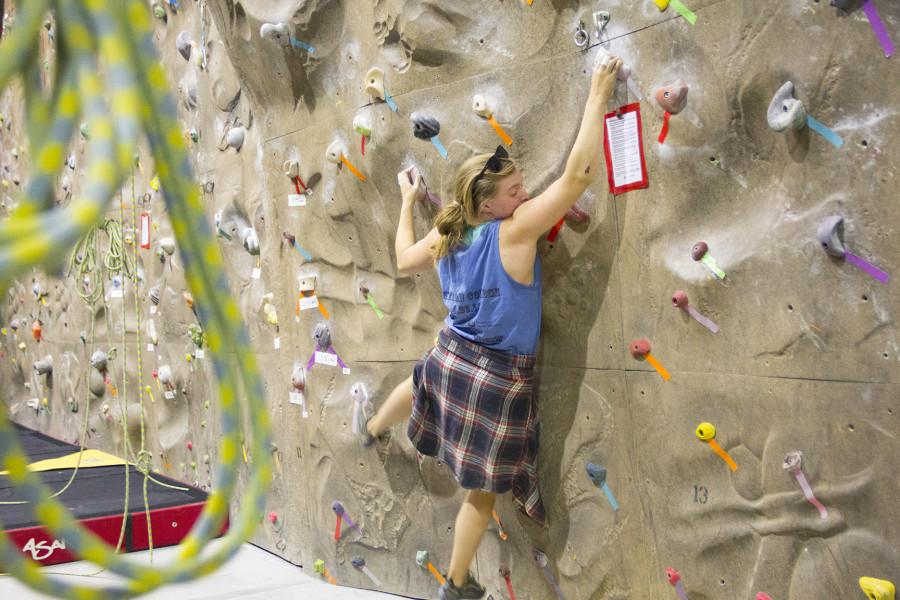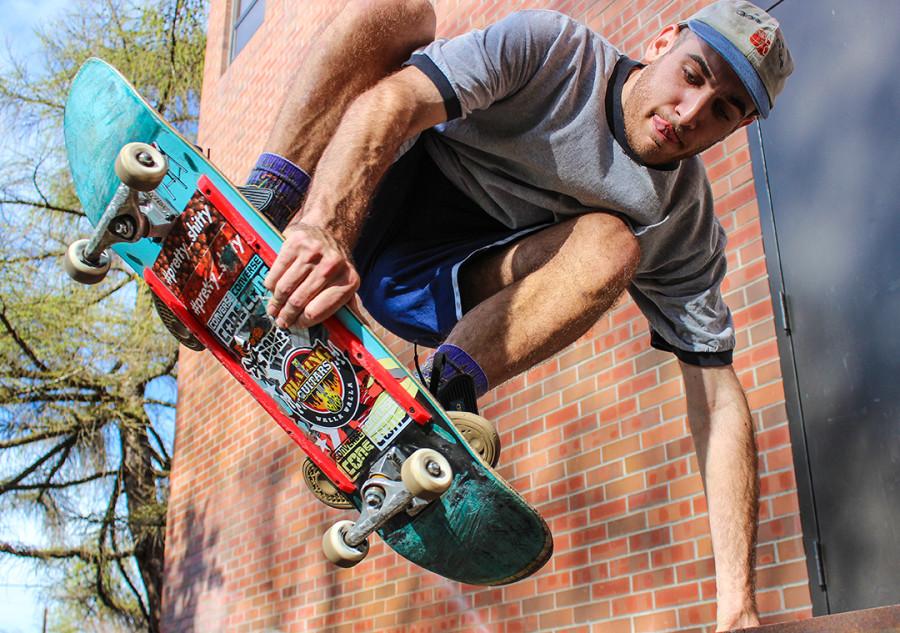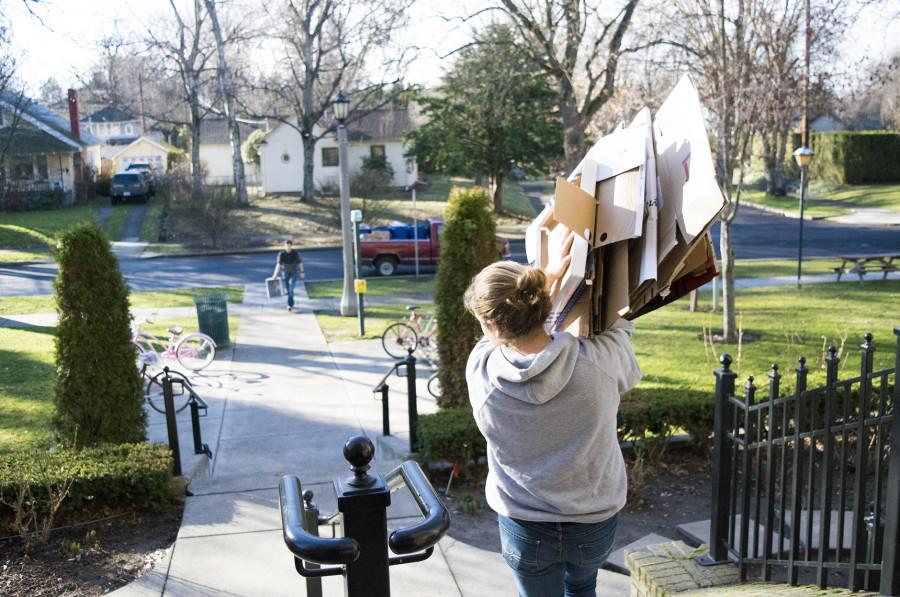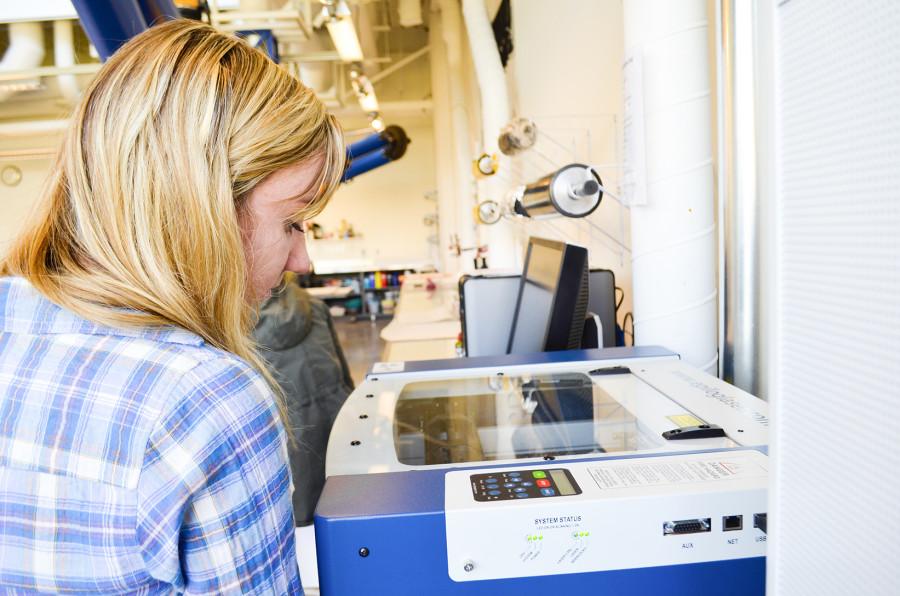Twelve members of the Whitman Debate Club will join inmates of the Washington State Penitentiary in debate on Thursday, December 4th.
The topic? The groups will discuss whether an individual’s right to Internet anonymity should be absolute. An inmate selected the topic after a group discussion at the penitentiary during a preparatory meeting.
The program began when an employee of the education staff at the penitentiary approached the Whitman debate team with the idea. Last year marked the first debate.
Director of Debate Kevin Kuswa hopes to continue the event annually. The topic of last December’s event was whether prisons should be privatized.
The ten incarcerated individuals participating are minimum-security inmates who are working toward various college degrees. In most cases, they are completing two-year programs to earn Associate of Arts degrees.
Kuswa expects 50 observers to attend the debate, which is scheduled to last an hour. The twelve Whitman students participating make up about half the total Whitman team.
In preparation the students have visited the penitentiary every couple of weeks to discuss and determine the topic, assign sides, brainstorm, compile research, and structure their arguments.
The preparation is slightly different for the incarcerated individuals because they lack access to books and the Internet. They use a collection of relevant articles compiled by Kuswa to gather research and write their speeches. Kuswa will be monitoring the discussion.
Junior Margaret Rockey is participating in the event for the first time this year, though she has been on the debate team since her first year.
Rockey said she is looking forward to the upcoming debate.
“I’m really excited to hear the speeches [the inmates] have written, and stoked for people to come watch and see how cool this debate program is and what it’s all about,” she said in an email.
Rockey is on the affirmative side of the argument. She is speaking during the cross-examination part of the debate, so she hasn’t had to write a prepared speech. Those who were assigned speeches shared rough drafts with the team for feedback.
The participants are rehearsing the debate once before the actual event the next day. Both will take place in the penitentiary’s recreation room, meaning that standard security measures will be taken for visitors and participators.
Those involved will need clearance forms ahead of time and are required to comply with a dress code. They bring in nothing but an ID, which they exchange for a visitor’s pass. There are a couple of guards present in the back of the room.
“It’s a big room, and they stay in the back, so it hasn’t seemed to affect the meetings at all,” said Rockey.
Despite the heavy security measures, she says, that all gets forgotten once the meetings ad the debates start.
“The clearance process, going through the turnstiles––that stuff is more intimidating than hanging out with the guys in the prison,” she said.
In fact, Rockey said that working with the inmates is one of the most fun activities she has ever done.
“Everyone is friendly and open and really, really engaged in the debate. It’s just a few hours of really interesting conversation about the world, the prison, and the topic.
As one of the incarcerated individuals told her on the first meeting, “We’re just regular people, except we’re in here. ”
And Rockey agrees that that about sums it up. However, while talking to them she found that it was easy to forget the “in prison” part.
“The only thing that’s been disappointing is that some of the guys have been transferred since the first meeting, and I was sad not to see them again,” she said.
Rockey says she has already gained many memories from the experience.
“Some of the guys showed up with such hilarious speeches- these several page long, handwritten speeches, and they were so great. That was one of my favorite moments,” she said.
Rockey said the things that surprised her were about the penitentiary itself, an all male institution.
When people described their daily routines, how scheduled they are, or talked about the differences of each section of the prison, it was often hard for her to wrap her head around it.
“In the visiting room, there’s a poster of approved poses couples can do when they take pictures. It was those little reminders that as humanly regular as prisoners are, prison itself is a very, very different space from anything I’m used to.”
The same thing struck her when a few of the men mentioned that they don’t have access to a library, and they can’t order used books. The only way for them to get a book is to order it new on Amazon.
“That shocked me, though it makes me angry more than anything,” said Rockey.
Kuswa expects that the experience will help the students gain perspective and the inmates gain confidence.
“I think they’re excited to show what they can do, to read their speeches and make arguments, and to do that in front of people,” said Rockey.
“Whatever stereotypes of ‘felons’ that people have, I think they’re excited to show they’re not true.”










